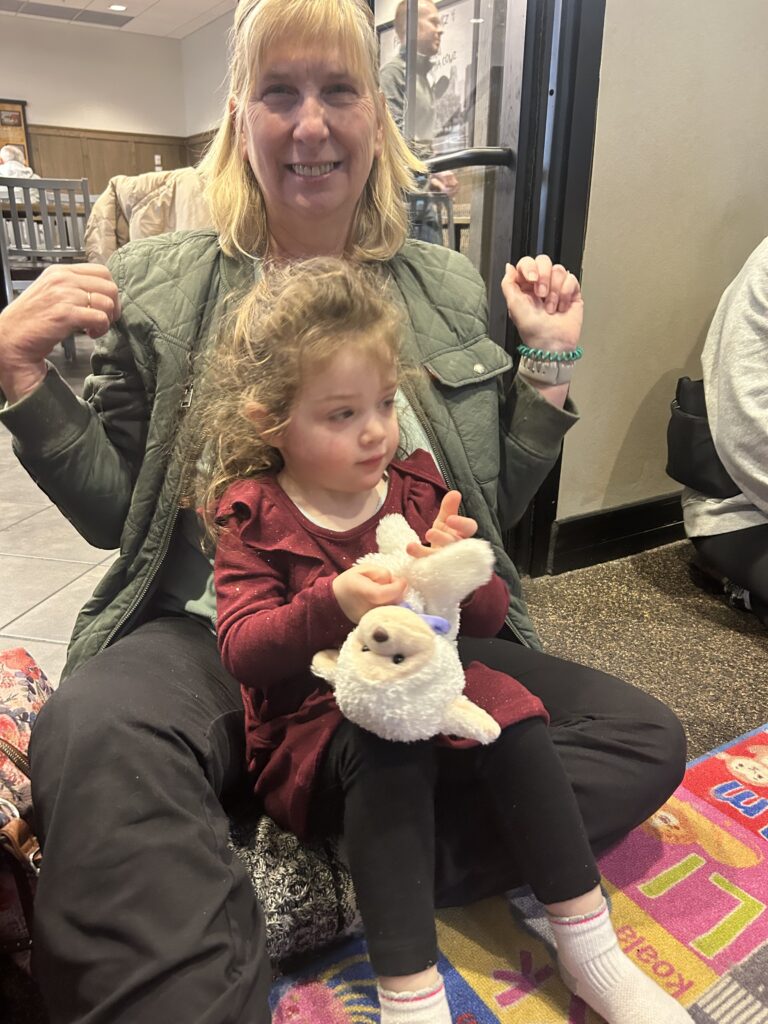Early Childhood Intervention (ECI) is a crucial service for children with developmental delays or disabilities, ensuring they receive the support necessary for a thriving future. Among the myriad approaches to ECI, the Coaching Model has emerged as a highly effective method that focuses on empowering families through active participation and skill-building. This model is not just about providing direct services to a child but also about strengthening the family’s ability to support the child’s development. Here’s a deep dive into what the Coaching Model entails and why it’s a transformative approach in Early Childhood Intervention.
What Is the Coaching Model?
The Coaching Model is a collaborative, interactive process designed to promote competence and confidence in parents and caregivers. Unlike traditional, direct therapy models where the practitioner works directly with the child, the Coaching Model engages caregivers in the intervention process, using their unique insights and deep connection with the child to foster development in real-time, everyday interactions.
The model operates on several key components:
- Joint planning: Interventionists collaborate with families to understand their needs and set mutual goals.
- Observation: Practitioners observe the interactions between the child and caregiver to tailor advice and strategies.
- Action: Caregivers apply the strategies in real-life settings, ensuring the child learns within their natural environment.
- Reflection: After implementing strategies, caregivers and coaches reflect on what worked and what can be improved.
- Feedback: Continuous feedback is provided by the coach to guide and bolster the caregiver’s techniques.
This structured yet flexible approach ensures that families are not passive recipients of advice but active participants in shaping the intervention process.
The Role of Technology in the Coaching Model
Technology plays a pivotal role in enhancing the efficacy of the Coaching Model. Tele-intervention platforms enable families to connect with specialists regardless of geographical barriers. Apps and online resources provide ongoing support and learning tools that families can use at their convenience, making continuous learning and adaptation possible.
Family Guided Routines Based Intervention (FGRBI)
FGRBI is an Early Intervention model that uses everyday activities and play that occur between caregivers and children as the context for embedding functional child outcomes for learning. The components of FGRBI offer a framework for interdisciplinary providers to use during home, classroom, or tele-intervention visits to coach caregivers on using evidence-based strategies confidently within meaningful routines identified as important to the family.
Here at BARC Developmental Services, following these approaches, we see the family as the leader of this intervention team. This perspective enables us to develop strategies that suit the individual styles, customs, and routines of those whom we support. Early Intervention at BARC Developmental Services provides services to children with a wide range of special needs. Explore our services and see how we can help you!
The Benefits of the Coaching Model
Parent Empowerment
The Coaching Model fundamentally shifts the role of parents from observers to leaders in their child’s developmental journey. By being actively involved, parents can tailor interventions to suit specific needs and daily routines, which enhances the learning experience for the child.
Building Lasting Skills for Parents and Caregivers
Since the Coaching Model trains parents in intervention techniques, the benefits extend beyond the session hours. This model equips parents with skills and strategies that are sustainable and applicable long-term, ensuring continued progress.
Fostering Consistency and Relevance
Interventions are most effective when consistently applied in the child’s natural environment. The Coaching Model leverages this by integrating interventions into daily activities, promoting relevance and practicality that are often missing in clinic-based therapies.
Strengthened Relationships
This model fosters stronger relationships between the child and caregiver, as they engage in meaningful, goal-directed interactions. Moreover, it also builds a supportive alliance between families and interventionists, which is critical for successful outcomes.
Enhanced Customization
Every child and family is unique, and the Coaching Model’s individualized approach respects this diversity. Coaches tailor strategies based on the child’s and family’s specific circumstances, ensuring a personalized intervention plan.
BARC Developmental Services: Implementing the Coaching Model to Help Infants and Toddlers in Pennsylvania
At BARC Developmental Services, the Coaching Model is more than just a methodology; it’s a commitment to ensuring every child receives personalized, effective, and compassionate care. Our Early Intervention services are designed to provide maximum support to young children and their families, utilizing the principles of the Coaching Model to enhance developmental outcomes. Our dedicated team of professionals works tirelessly to empower parents, ensuring that the strategies they learn are effective and enriching for the whole family.
Learn more about how BARC Developmental Services can assist your family with Early Intervention.
The Coaching Model in Early Childhood Intervention is a holistic and family-centered approach to therapy. Its emphasis on empowering parents, building lasting skills, and ensuring interventions are relevant and consistent makes it a superior choice for many families. Embracing this model promotes not only better outcomes for children with developmental challenges but also a more empowered, competent, and prepared generation of parents and caregivers.
Located in Bucks County, Pennsylvania, BARC Developmental Services assists and supports individuals with intellectual disabilities and autism. We equip them to reach their fullest potential, lead happy lives, and contribute to their community. With early intervention services, residential programs, and vocational initiatives, we serve hundreds of individuals and aim to help many more. Donate today to make impactful change in the lives of individuals with intellectual disabilities and autism!

